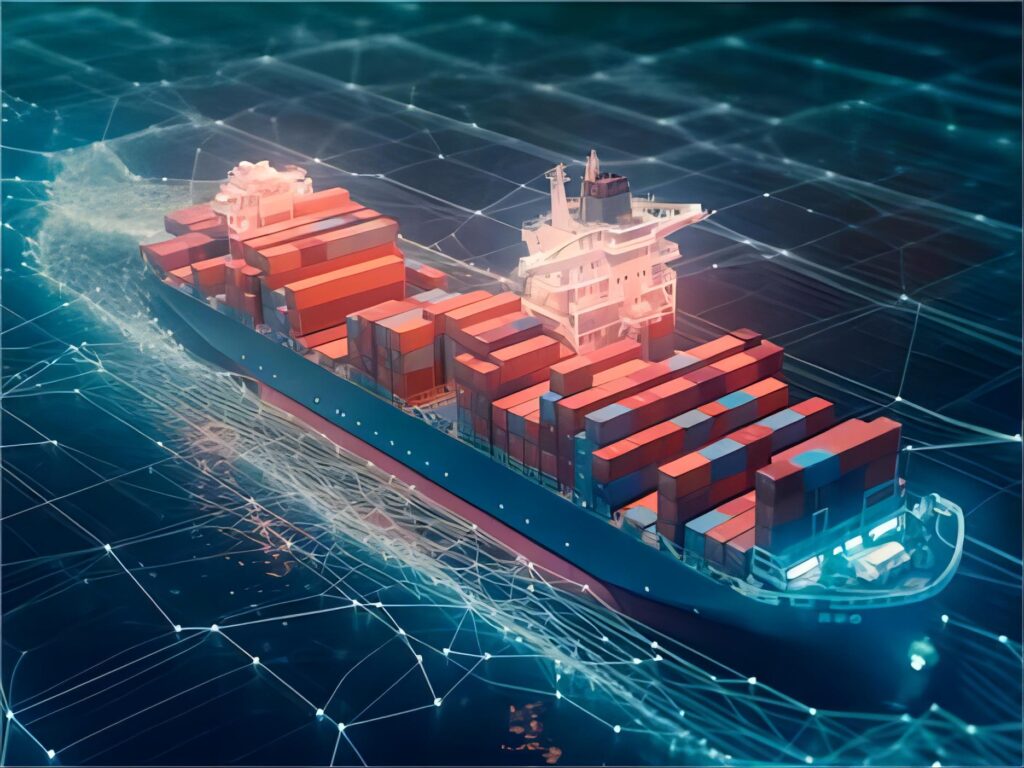Managing international trade risks requires strategic planning, especially for businesses importing goods from China to Thailand. Here’s a step-by-step guide:
1. Conduct Thorough Due Diligence
- Verify Supplier Credibility: Use platforms like Alibaba or Global Sources to check certifications (e.g., ISO) and reviews. Hire third-party inspectors to audit Chinese suppliers.
- Understand Thai Regulations: Ensure products comply with Thai standards (e.g., TISI, FDA Thailand) to avoid customs rejections.
2. Secure Reliable China-to-Thailand Trade Shipments
- Partner with Trusted Freight Forwarders: Choose logistics providers specializing in China trade shipment to Thai businesses, such as DHL, Maersk, or local Thai firms. Opt for Incoterms like CIF (Cost, Insurance, Freight) to clarify liability.
- Use B2B Shipping Solutions: Leverage door-to-door services, real-time tracking, and consolidated cargo options to reduce delays and costs.
3. Mitigate Financial Risks
- Use Secure Payment Methods: Escrow services or Letters of Credit (LCs) protect against non-payment or delivery failures.
- Purchase Trade Insurance: Cover risks like cargo damage, theft, or political instability through providers like Sinosure or Euler Hermes.
4. Navigate Legal and Customs Risks
- Hire a Thai Customs Broker: They ensure compliance with duties, taxes (7% VAT), and documentation (e.g., commercial invoice, certificate of origin).
- Draft Clear Contracts: Define terms for disputes, delivery timelines, and quality standards in B2B agreements.
5. Monitor Geopolitical and Market Changes
- Stay updated on China-Thailand trade policies, tariffs, and currency fluctuations. Use hedging strategies to manage exchange rate risks.

People Also Ask
Q1: What are common payment risks in China-Thailand trade?
A: Non-payment or fraud. Use Letters of Credit (LCs) or escrow services to secure transactions.
Q2: How to choose a reliable freight forwarder for Thailand imports?
A: Check licenses, reviews, and expertise in B2B shipping solutions. Confirm if they handle customs clearance.
Q3: Are there Thai import restrictions on Chinese goods?
A: Some products (e.g., electronics, food) require certifications. Check Thailand’s Customs Database for updated rules.
Q4: What insurance covers international trade risks?
A: Marine cargo insurance, credit insurance, and political risk insurance.
Q5: How to handle delays in China-Thailand shipments?
A: Work with forwarders offering real-time tracking and contingency plans (e.g., air freight backups).
